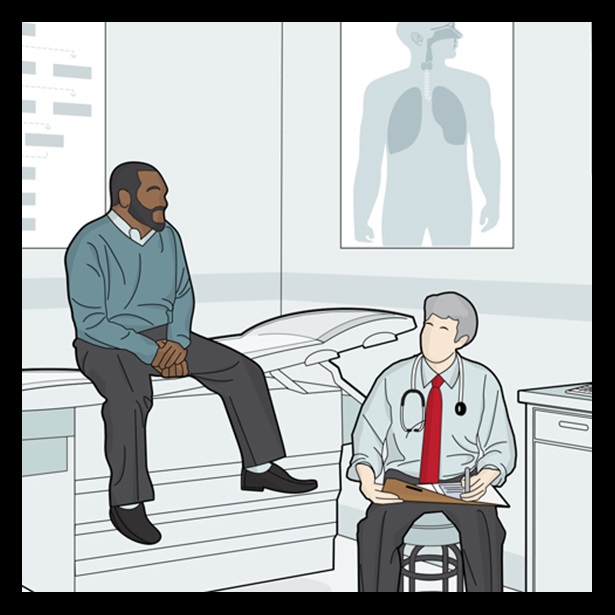New CDC Guidance Aims to Help Improve Antibiotic Use, Combat Resistant Bacteria
‘Core elements’ offer important resource for effective outpatient antibiotic stewardship

Recent research from Pew and CDC underscores the urgent need for stewardship efforts in outpatient settings, where the majority of antibiotics used in health care are prescribed.
© iStockphoto
This week the Centers for Disease Control and Prevention (CDC) released its “Core Elements of Antibiotic Stewardship for Outpatient Settings,” which outlines key aspects of successful antibiotic stewardship in doctors’ offices, emergency departments, and other outpatient care provider locations. Facilities that adopt these policies to minimize unnecessary antibiotic use can reduce drug-resistant infections, improve patient outcomes, and lower total health care costs. CDC previously released core elements of antibiotic stewardship in other health care settings, including hospitals and nursing homes.
Recent research from Pew and CDC underscores the urgent need for stewardship efforts in outpatient settings, where the majority of antibiotics used in health care are prescribed. The key findings show that approximately 1 in 3 outpatient antibiotic prescriptions is unnecessary, resulting in 47 million excess prescriptions each year. The majority of these unnecessary prescriptions are for acute respiratory conditions such as colds, bronchitis, flu, and other viral illnesses that do not respond to antibiotics. Additionally, only half (52 percent) of patients who receive antibiotics for three common infections—sinus infections, middle ear infections, and pharyngitis (sore throat)—are being treated with the right type of drug for their condition.
The research reveals significant room for improvement in the way antibiotics are prescribed, and CDC’s new core elements will be an important resource for the outpatient health care community. Many leading health care organizations have already committed to working with their members to reduce inappropriate drug use. Pew will continue to collaborate with these organizations, policymakers, and other stakeholders to encourage implementation of these core elements, and to work with CDC to track progress toward appropriate antibiotic use.
David Hyun, M.D., is a senior officer on Pew’s antibiotic resistance project, focusing on research and policy development pertaining to stewardship of antibiotics in human health care.








